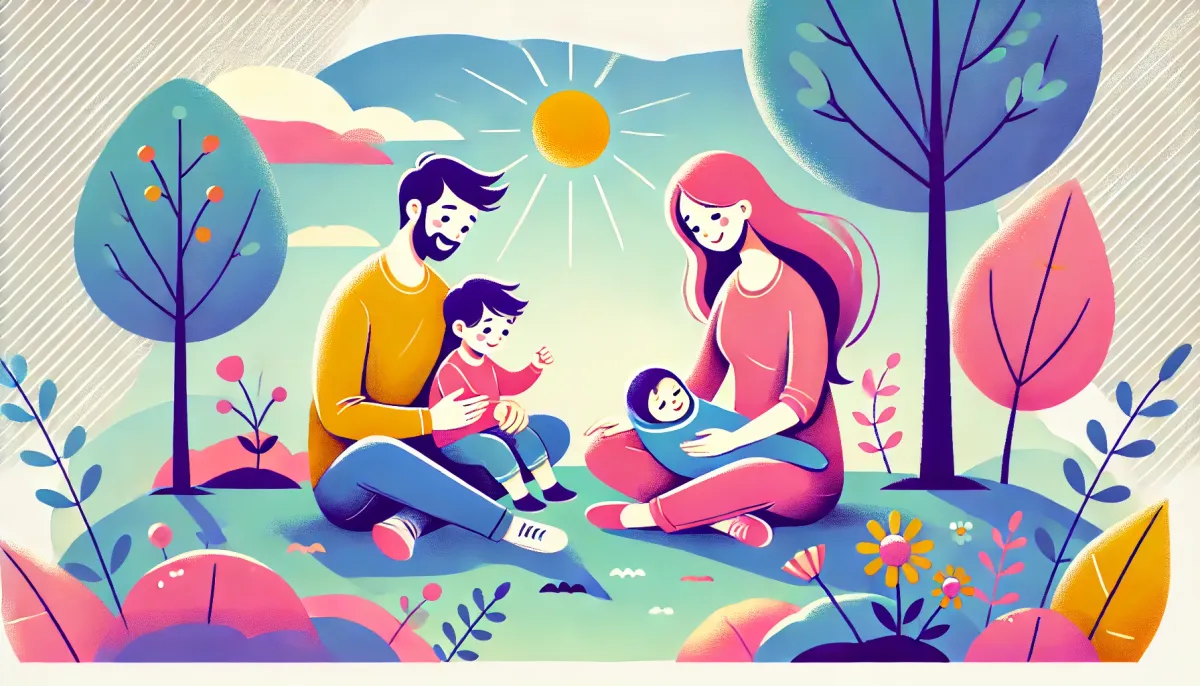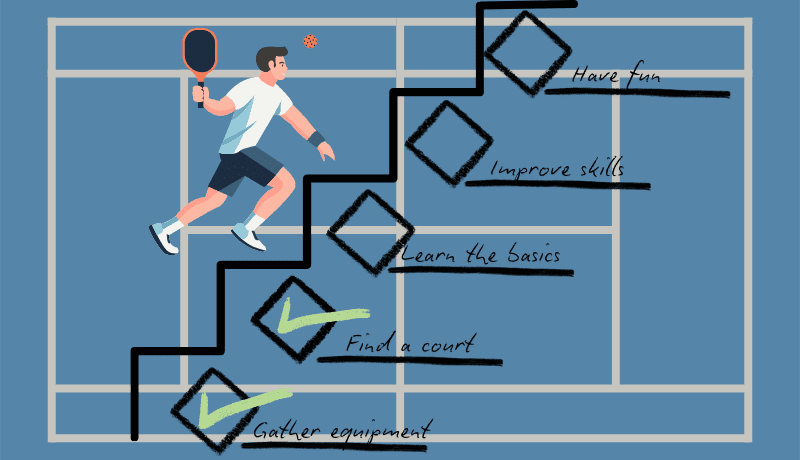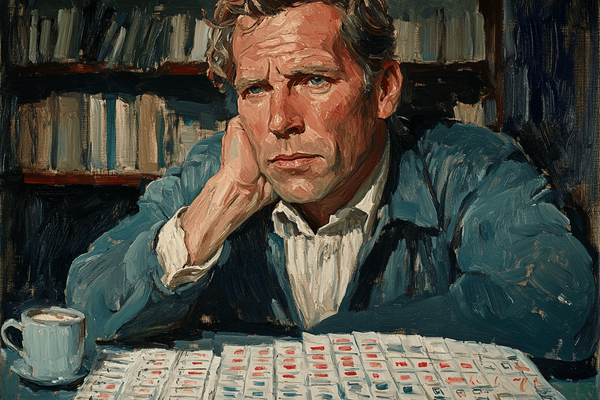11 Steps to an Irresponsible Child
Jane Bluestein, a speaker on parenting and school education, wrote a book of lists for parents in 1997. There is a list of harmful tips, and we will look into it here.

After discovering 118 books of lists, it became much easier to find interesting list examples for Saturday contemplation and reflection. Today, we will look at a list from the book “The Parent’s Little Book of Lists” [1]. The book describes the dos and don’ts of effective parenting.
Summer holidays provide more opportunities to spend time with children, increasing the usefulness of various parenting tips. Today, we will look at a list of such tips. These are harmful tips. Jane Bluestein specifically labeled them as harmful in her book.
By the way, the book was published in 1997 *. We can also see if our thinking has changed over the past 27 years.
So, the list of “11 Things to Instill Irresponsibility in Your Child”:
- Lie for him.
- Make excuses for his behavior.
- Correct (or pay for) his mistakes for him.
- Model a lack of responsibility, commitment and follow-through yourself.
- Refuse to believe that he is capable of doing what he's been accused of doing.
- Fight his battles for him.
- Tolerate and excuse abusive or unacceptable behavior from him or others in order to avoid additional conflict.
- Be sloppy about holding him accountable for his behavior, especially if you're tired, frustrated or starting to wonder if it's worth the bother.
- Routinely let him get away with things if he has a good enough excuse.
- Do his chores and take on his responsibilities. Tell yourself it's easier to do it yourself.
- Let him have privileges even if he hasn't followed through on his commitments or what was required first. Use rationalizations like “Just this once” or “Okay, but this is the last time.” Add “I really mean it this time” even though you don't.
After this list, Jane gives the following remark:
It's natural to want to protect your child from the negative consequences of poor choices, to look for reasons to let him off the hook. Be careful because this tendency will ultimately interfere with his ability (or willingness) to take responsibility for his behavior. It's important to believe in your child without idealizing him, and also to recognize your value and importance in his life even when you aren't bailing him out or fixing his problems for him.
I think this list is a bit disjointed; some points seem similar to others. It seems that what is described can be summed up as: “Be a dishonest, indifferent, and inconsistent person, allow your child to misbehave without restrictions, and do not let them take responsibility.” Am I oversimplifying it?
Despite the verbosity, can everything on this list be considered bad advice today?
* It turns out that there is the 25th anniversary edition.
List of references:
[1] Jane Bluestein, “The Parent’s Little Book of Lists”, ISBN 1-55874-512-2



